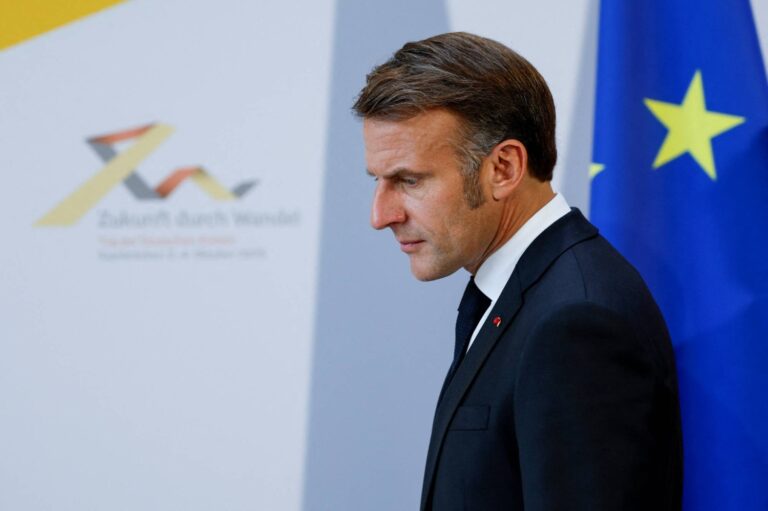
President Bola Ahmed Tinubu is making steady progress in his mission to revive Nigeria’s economy. His administration has introduced strong policies that aim to fix the country’s economic challenges and set it on a path of long-term growth. From fiscal adjustments to institutional restructuring, Tinubu’s economic reforms are creating visible results.
One of the key areas Tinubu has focused on is market correction. His government removed fuel subsidies and unified the exchange rate. These reforms were tough, but they have opened up the economy and boosted investor confidence. Nigeria is now attracting foreign capital, and several multinational firms are re-engaging with the country.
The impact of Tinubu’s economic reforms is also being seen in rising tax revenues and renewed local production. Government income has increased, and this has allowed for more investment in public services. Schools, hospitals, and infrastructure are receiving attention, and federal allocations to states have improved.
Analysts say these changes are essential for long-term stability. They argue that delaying these reforms would have worsened inflation and widened the budget deficit. Tinubu knew the decisions would be unpopular, but he made them for the greater good. He also introduced palliative measures to reduce the pressure on poor households.
Food security is another area that has seen improvement. Tinubu’s administration launched agricultural programs that support small-scale farmers and ensure food availability. Inputs like fertilizers, seeds, and grants have been distributed, and more land is now being cultivated. These efforts are helping to bring down food prices and reduce hunger.
In the financial sector, banks are stronger and more stable. New policies have reduced volatility and increased confidence in the Naira. The Central Bank now works closely with the presidency to ensure that monetary and fiscal policies align. This partnership is helping to control inflation and support economic growth.
Tinubu has also prioritized inclusive governance. He holds regular meetings with economic experts, governors, and business leaders. These consultations ensure that policies reflect Nigeria’s realities. The President listens to feedback and adjusts strategies when needed. This open style of leadership builds trust and encourages cooperation.
Recently, Tinubu unveiled new plans for youth empowerment and skills development. The government is creating digital jobs and supporting tech startups. These efforts are designed to reduce unemployment and keep Nigerian talent in the country. Young people are receiving training, and access to funding is improving.
Despite the short-term challenges, confidence in the economy is returning. The International Monetary Fund and World Bank have commended Nigeria’s progress. International partners are optimistic, and local industries are beginning to grow again. Tinubu’s policies are bold and direct, and they show a clear vision for recovery.
With determination and focus, President Tinubu is guiding Nigeria through tough reforms and onto a more stable future. His administration understands the needs of the people and continues to make choices that will benefit the country in the long run.

